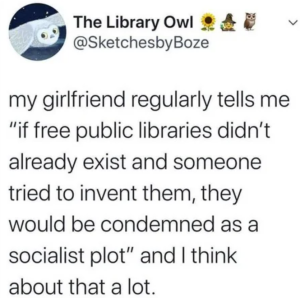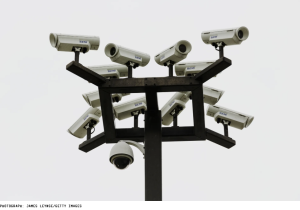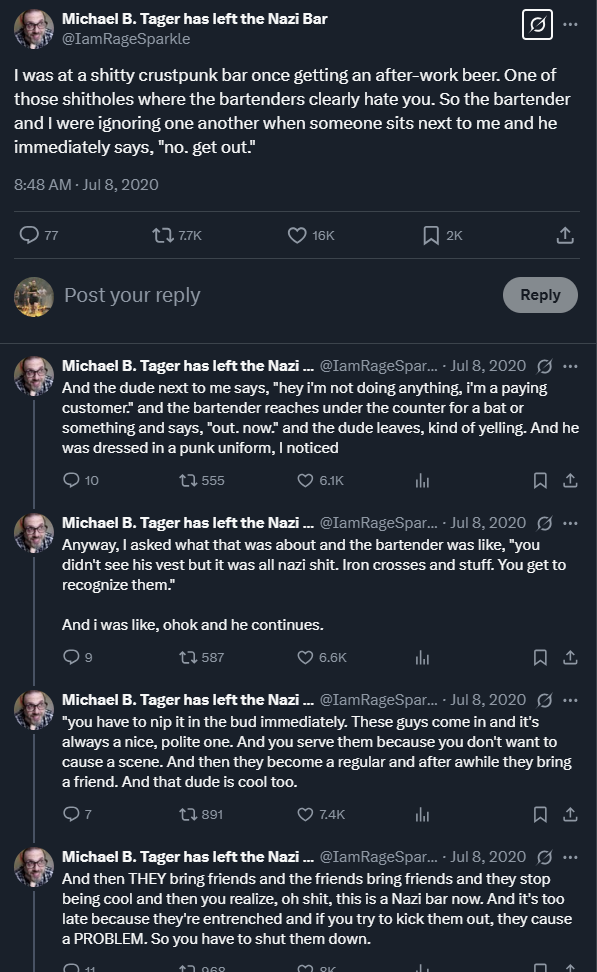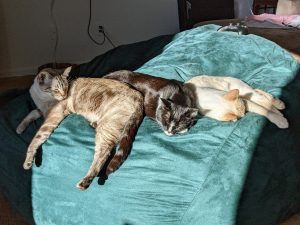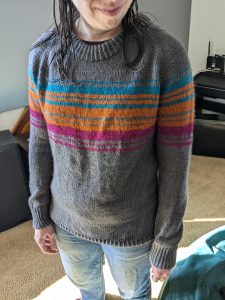
I find it ironic that we know how important stories and creativity are when it comes to the library and why we’re here. And yet, AI’s current popular forms–large language models and art generators–have consistently devalued those stories and creativity, that human element. I know there is a big push to adopt and get comfortable with new technologies in the library. Or, even if we don’t want to use them ourselves, we have to know what’s going on so we as information professionals can guide people to use these tools wisely and understand their limitations.
I get that. I’m still very uneasy with a technology that has stolen creative work, accelerated the use of limited environmental resources, and begun to drown out human voices. (That last one is personal–I submit stories to fiction magazines, and I don’t want them to get overwhelmed by AI spam and have to close! Human-made stories are infinitely more surprising, interesting, humorous, emotional–everything I want out of stories.)
So for this reflection on the power of stories, I decided to try a side-by-side comparison. I wrote and recorded my own story in my own voice, and then I told ChatGPT to generate a story and used TextSpeakPro to narrate that one as well. Have a listen and/or look at the transcripts, and see what you think. I’m sure I don’t need to tell you where my own preference lies.
My story: https://recorder.google.com/7e0037a1-abbb-42b1-aefe-83a19b7b86de
AI’s story: https://textspeakpro.com?id=Uq50B-83q01-asv75
Transcripts after the jump.
Continue reading Reflection 4: Blending stories with new horizons, for an AI challenge
